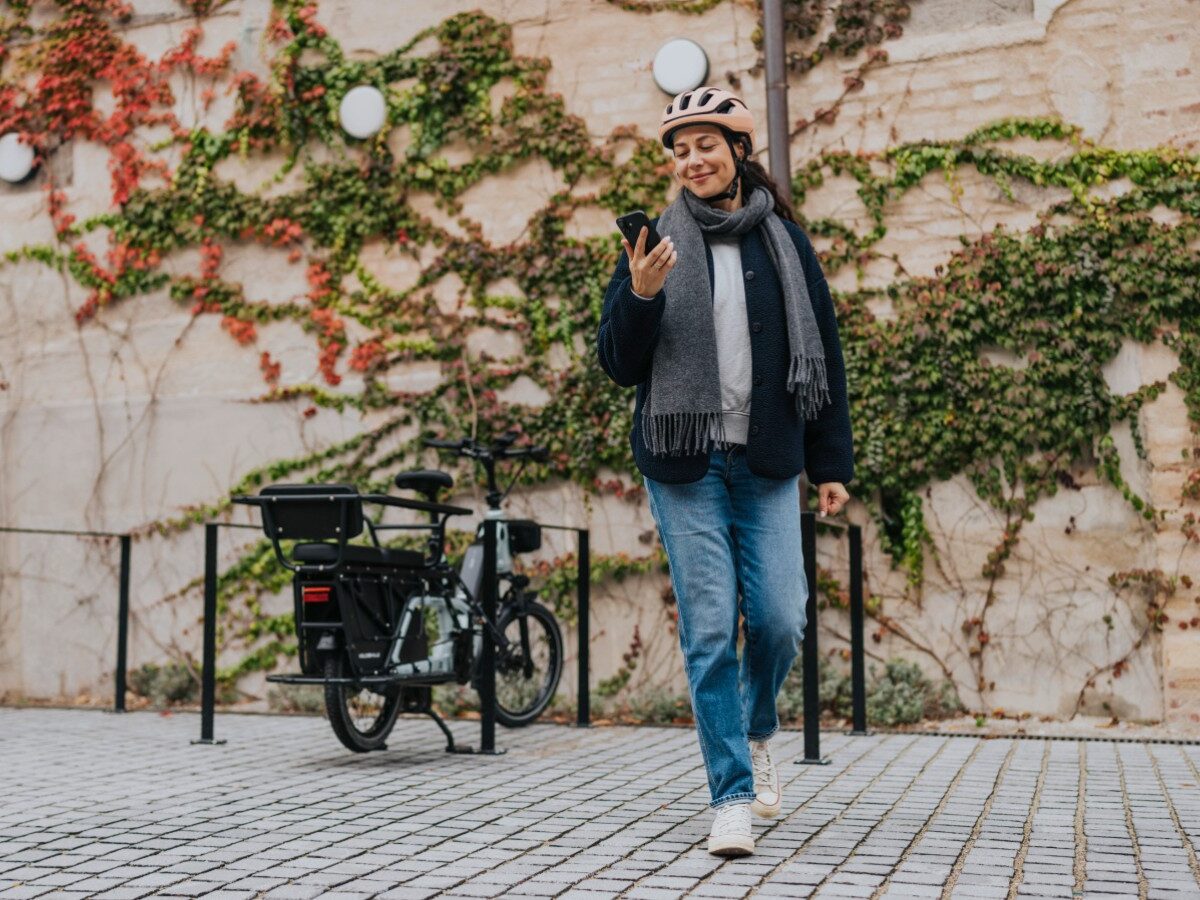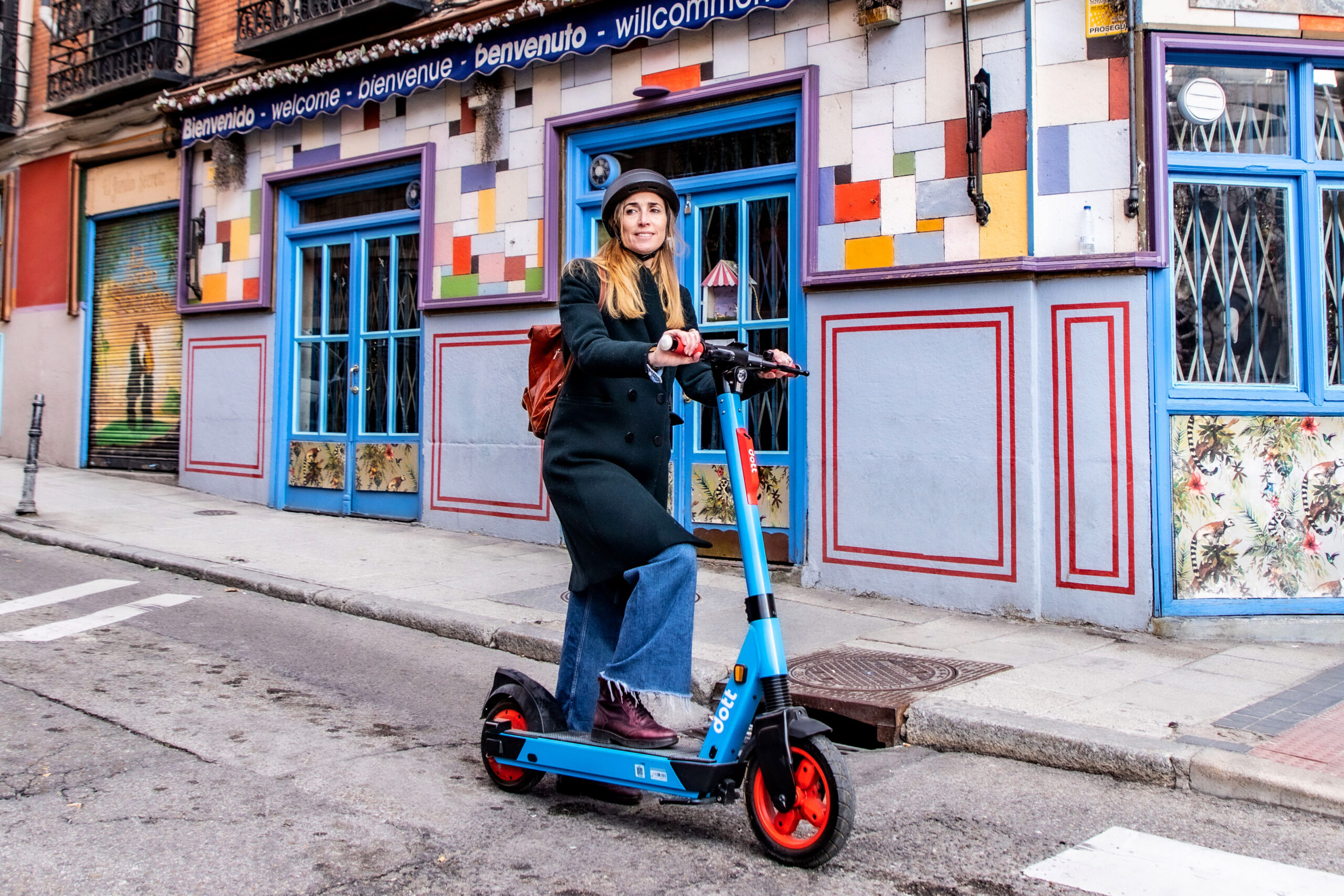E-scooter and e-bike hire company Voi has called on the UK government to set a clear date for e-scooter legislation “to secure the future of the industry”.
The current uncertainty, due to the absence of such a date, could result in losing both jobs and investment, the company said.
In the UK, it is only legal to ride an e-scooter as part of one of the trials taking place in the country. These shared e-scooter schemes have been set up by the government as trials to test this new form of environmentally friendly transport.
Voi says that in the two and a half years since setting up its first scheme, it has seen almost 1.2 million people take 21.5 million rides, generating more than 50 million GBP across local economies in the UK in 2022.

However speaking before the Transport Select Committee, the Head of Public Policy for Voi UK, Ireland and Netherlands, Matthew Pencharz, expressed concern that gains made by the micromobility industry could be put at risk if the government were unable to provide more clarity around when legislation would be brought forward.
Matthew Pencharz:Almost three years after the trials were first started, the demand for e-scooters is proven with Voi alone having 21m rides, replacing over 8m car journeys.
However, the industry doesn’t have certainty after May next year when the trials are currently due to end.
Legislation will allow more cities and towns to use e-scooters as a sustainable method of transport for their communities, providing a firmer footing for the industry and the jobs and investment connected with it.
Voi said the government should “follow through with its commitment to create a new, light zero-emission vehicle category for e-scooters”. They are currently subject to the same regulation as motor vehicles.
Voi further pointed out that the UK was one of the only countries in Europe that subjected e-scooters to the same levels of regulation as cars, even though they were a fraction of the size, weight, power and speed of motor cars.
The company believes that a new vehicle category should eliminate the need for all riders to have either a provisional or full driving licence so that micromobility was made available to more people.
It further said that the insurance required should be brought in line with e-bike regulation. Voi said this would allow insurance companies to create policies that were better suited to e-scooters. As it stands, operators have to provide motor third party liability insurance, as is the case for motor vehicles.
Finally, Voi said that government guidance should be updated to provide a more detailed framework on the management of e-scooter schemes.












